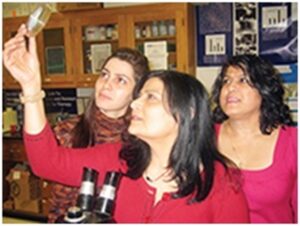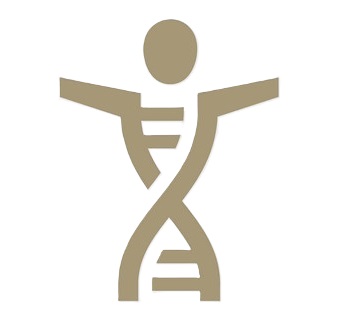Research
Microbial Diversity Project

The Microbial Diversity Project introduces students to the concept of Genomics by determining the microbial diversity of an environment and applying it to answer the fundamental questions in Biology.
The purpose of this project is to provide an introduction to the science of genomics where students gain hands on experience and are able to relate it with real life events. The participants include high school students, college undergraduates and teachers.
The program involves workshops, lectures/symposiums, field trips and laboratory experiments. Students participating in research projects contribute to new findings under the guidance of an expert. Many of our students have gone on to become teachers and scientists while others have chosen the healthcare field and become nurses and physicians.
In 2004, we initiated the microbial diversity project in New York City’s infamous Gowanus Canal known for being a dumping ground of toxic wastes. The aim was to evaluate a representative survey of microbial diversity in the environment influenced by human impact. Our preliminary studies have laid down the framework for the study on environmental effects on a more global dimension with more specific questions.
Why do the microbes thrive in the toxic environment of the canal? Could these microbes have developed an arsenal of resistance which may be exploited for identification of new drugs? What is the impact of human influence on the adaptations and eventual evolution of the microbes? How would this aid us in determining the evolution of defense and memory storage? In an attempt to answer some of these questions students are carrying out projects in these areas to answer some of these questions which may lead to both basic and applied applications.
